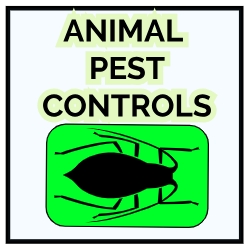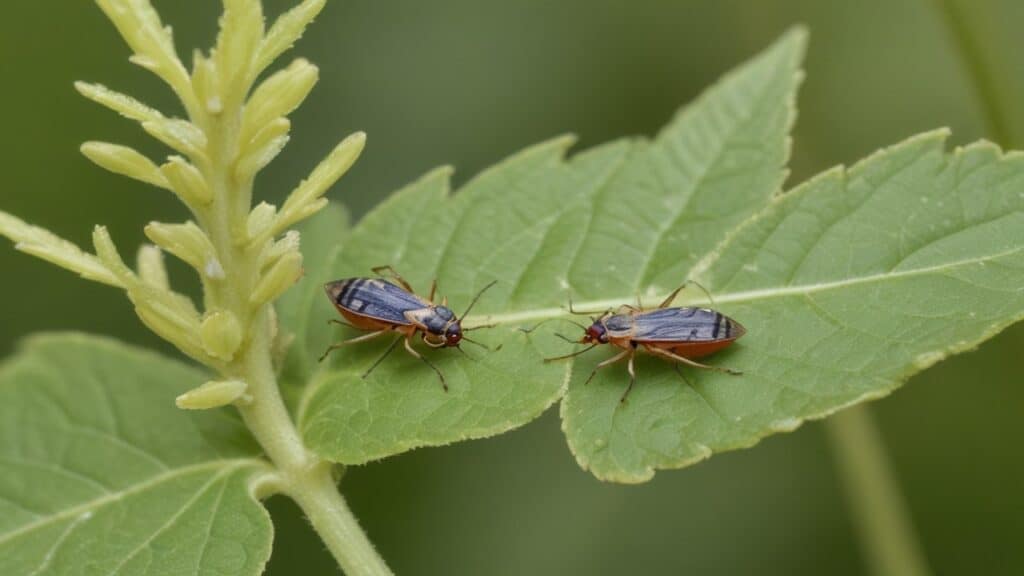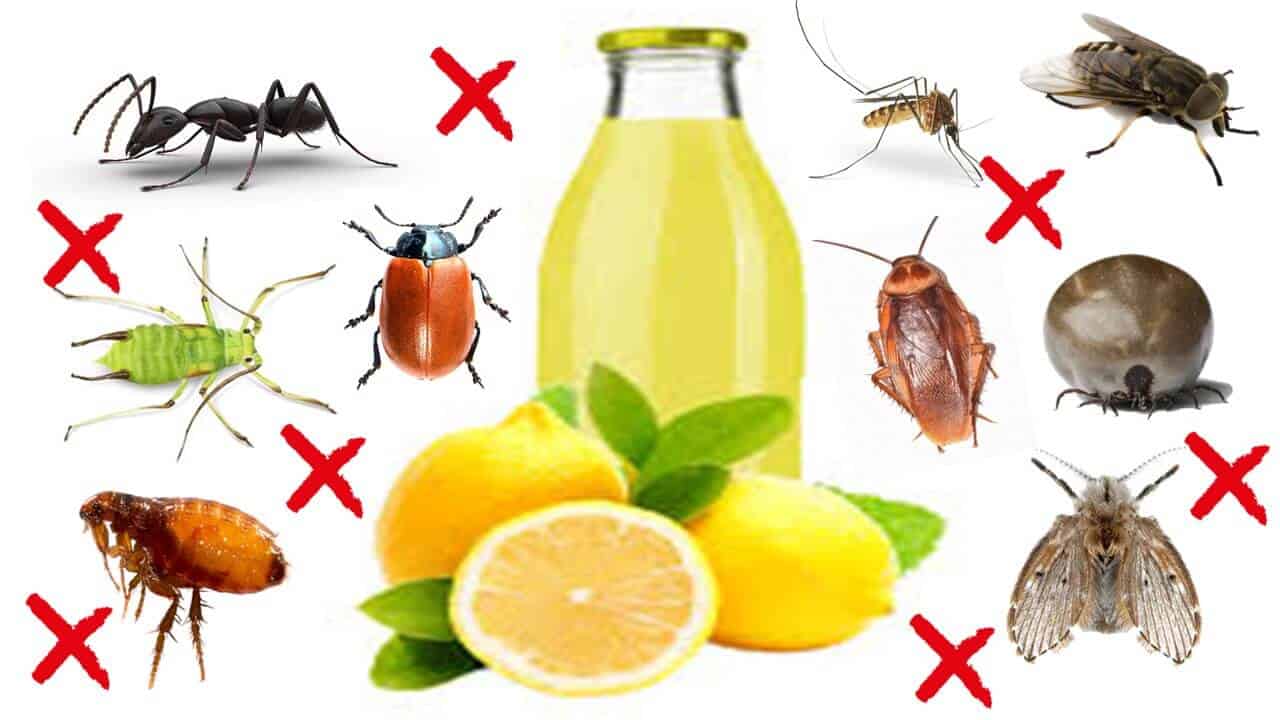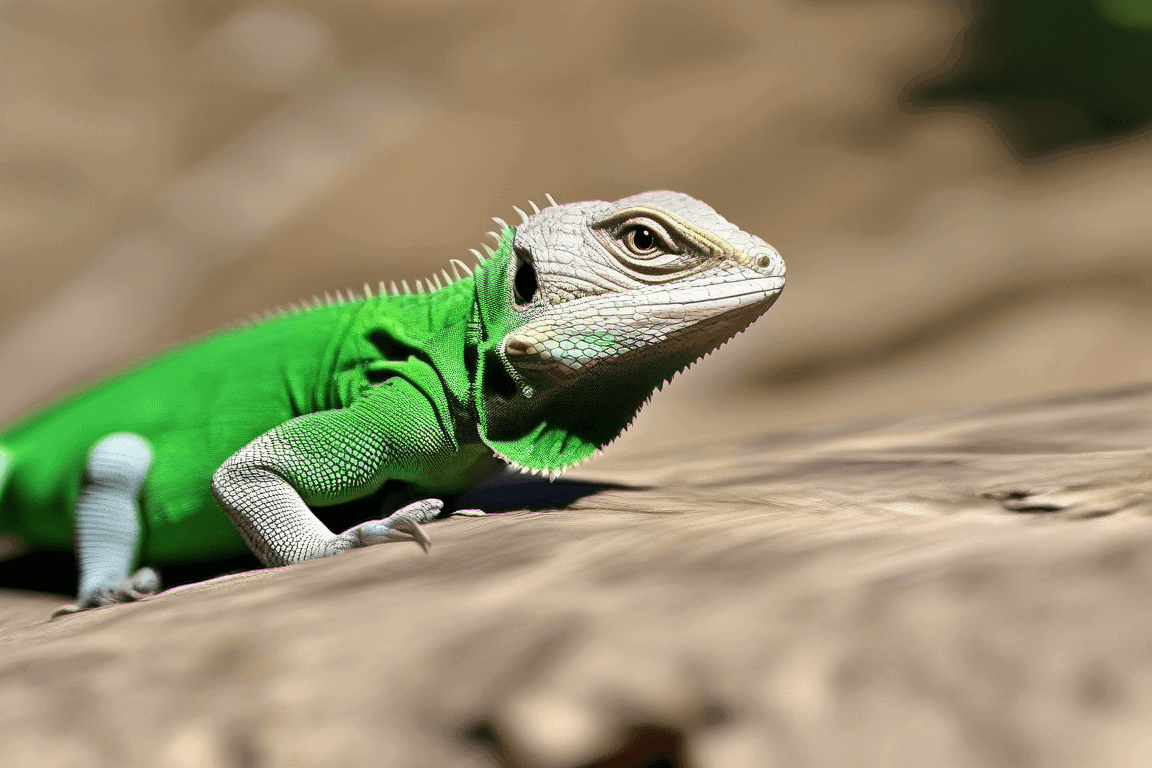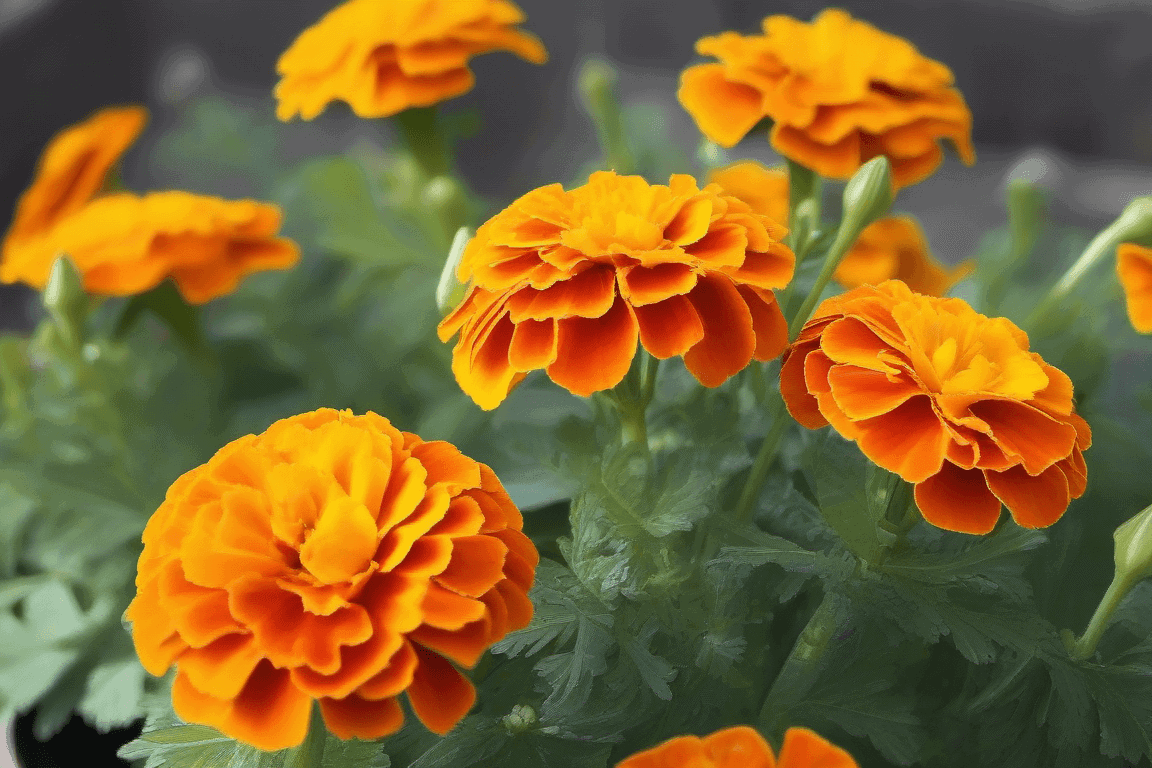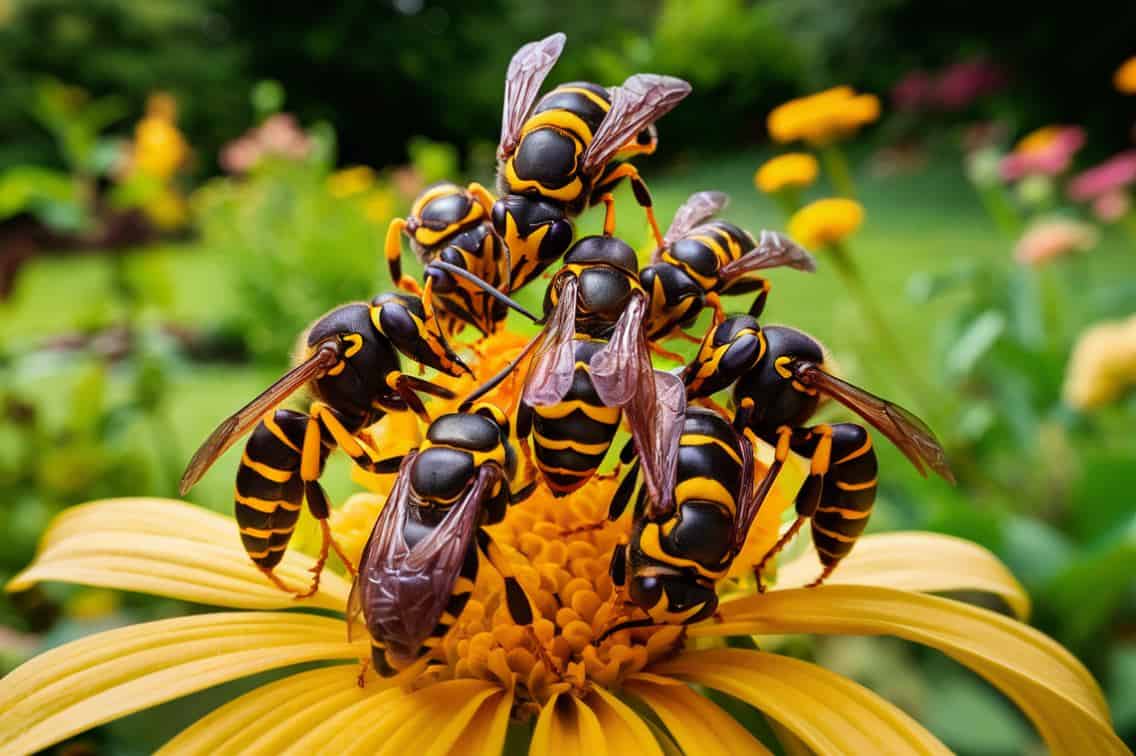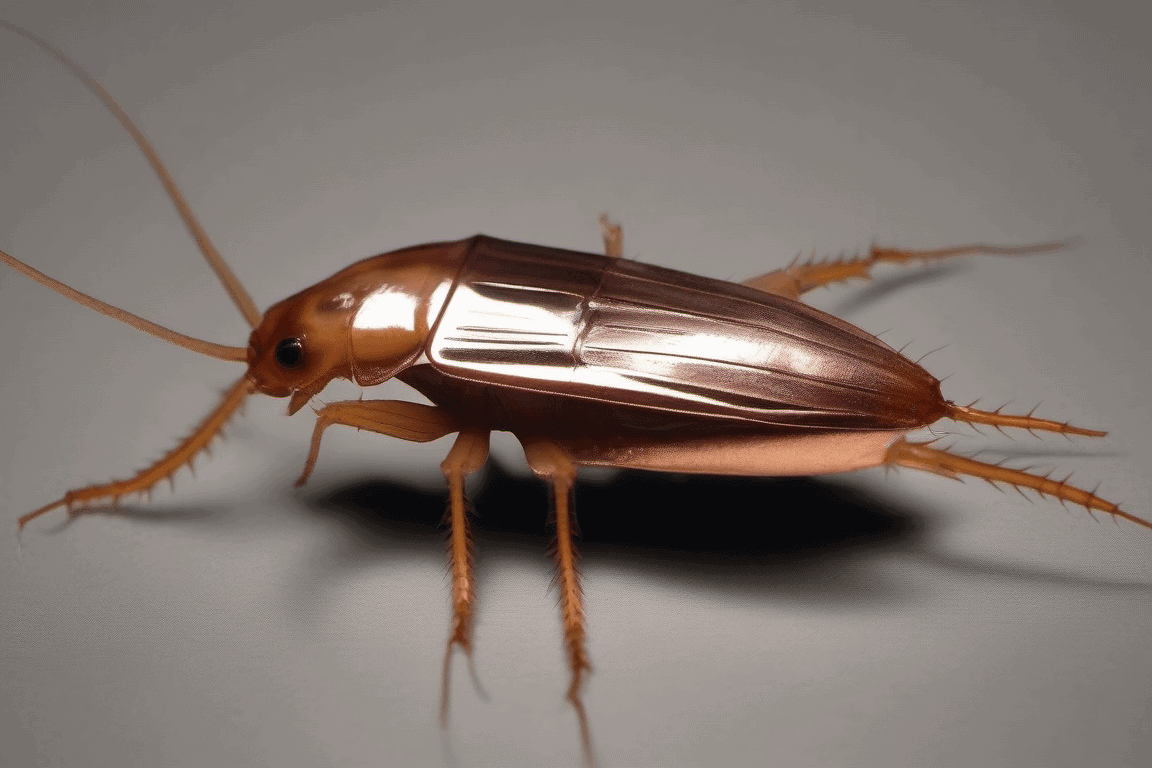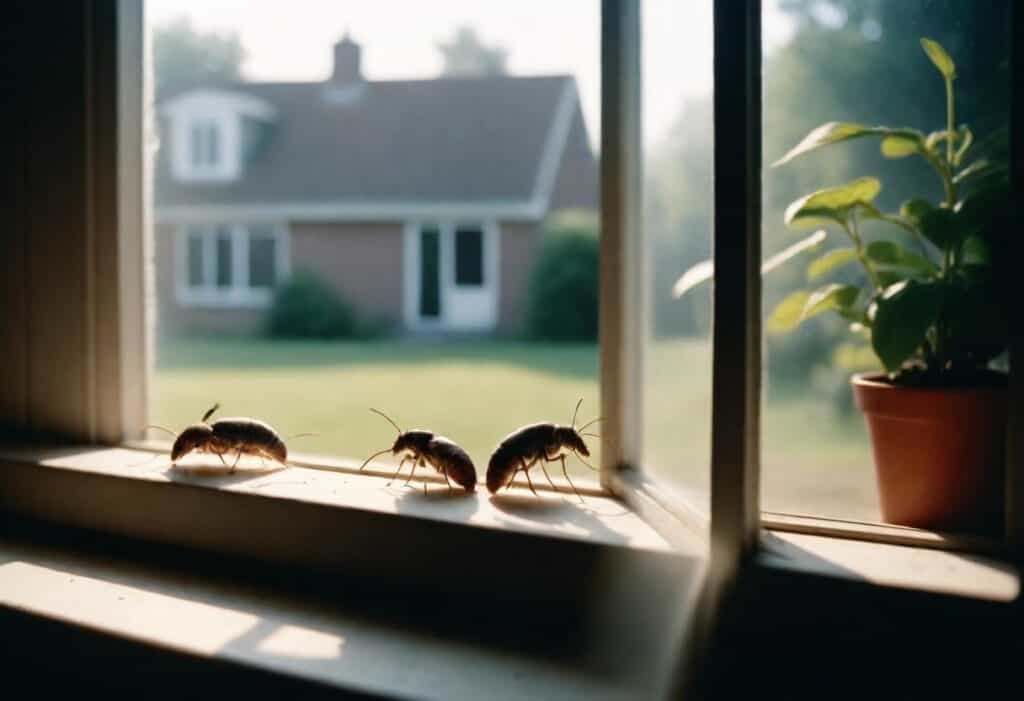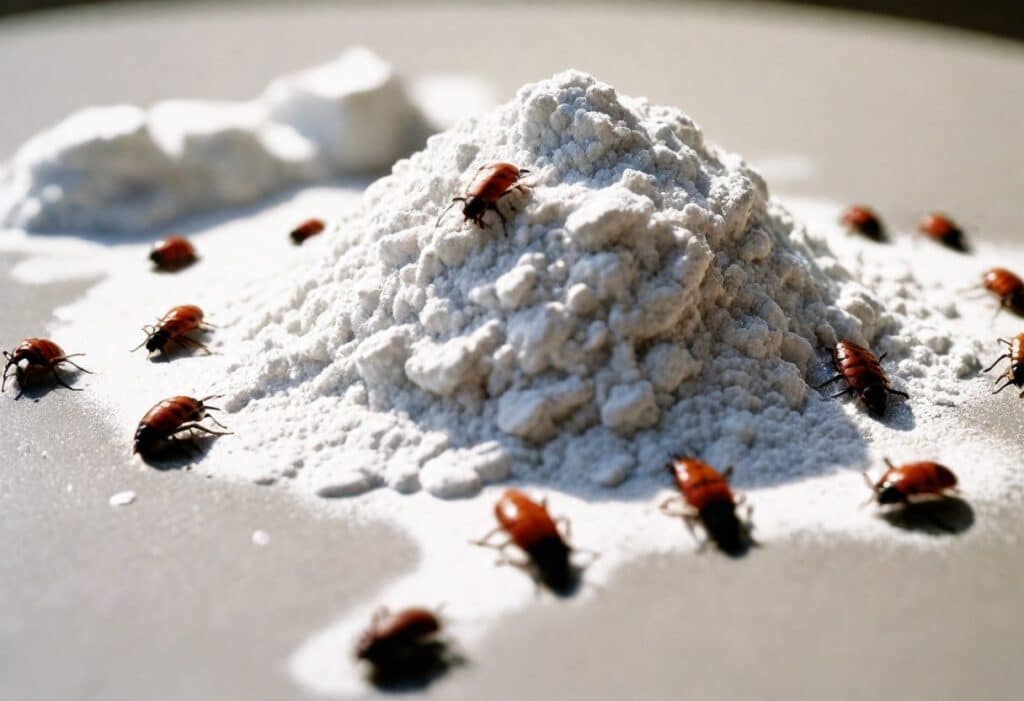Plant bugs can be a real nuisance in the garden. If you’re having trouble getting rid of these pesky bugs, don’t worry! There are plenty of natural remedies to help.
This article will show you safe/beneficial practices and homemade insecticidal solutions to eliminate plant bugs. We’ll show you how to get rid of plant bugs with soapy water, dish soap, vegetable oil, e.t.c.
Also the video below will show you how to get rid of those pesky plant bugs for good!
Table of Contents
What are Plant Bugs?
Plant bugs are a type of insect that could be something as simple as caterpillars.
They may be tiny, white, and resemble a worm. They may also fly and mainly live on the undersides of leaves.
They can be found anywhere in the world, including America, Asia, Africa, and Europe.
You can find these bugs on many plants such as roses, tomatoes, beans, peas, squash, etc.
Most bugs are not harmful to humans but they can damage plants, and sometimes you won’t be able to tell that you have them in your garden as they will be hard to find. However, if you see a plant bug on your plants, you can do a few things to help get rid of the pest.
What are the Natural Ways To Get Rid Of Plant Bugs?
1. Use diatomaceous earth
Diatomaceous earth is a great natural way to get rid of plant Bugs. It’s a naturally occurring sedimentary rock made of the skeletons of tiny one-celled algae known as diatoms.
These diatoms are microscopic, and they have a hard shell made of silica. It draws moisture out of the creatures it comes in contact with and dehydrates them out of existence.
It’s a very effective way to eliminate plant bugs and other pests. Diatomaceous earth is usually sold as a granular material that comes in powder form, and you can use it in your garden and home.
Spray it around plants and flowers, and don’t spray it directly on the plant but the soil around it. Diatomaceous earth is 100% safe for humans and animals.
2. Practice companion planting
Companion planting is a type of behavior that is common in horticulture. It involves cultivating plants near each other to create an environment where pests have no place to shelter.
This way, you can have your plants without any problems. You can grow different plants near each other to ensure that pests are not able to find a place to hide.
It is best to plant edible plants such as tomatoes, peppers, and cucumbers with medicinal herbs like oregano, thyme, and rosemary to protect them from pests.
It is vital because it will help the plant get better at defending itself against insects and other pests.
In addition, this type of environment will help your plants develop better roots, making it possible for the plant to produce stronger roots that can stand up to pests and other threats.
3. Introduce beneficial insects and nematodes
Beneficial insects are those insects that help in the natural process of disease prevention and pest control.
They are helpful to your plants because they are better at controlling pests, while they also help in the reproductive cycle of your plants.
For instance, ladybugs are beneficial to tomatoes because they eat aphids, helping keep your plants healthy and giving them an advantage in the fruit production process.
Having insects like praying mantises, dragonflies, braconid wasps, e.t.c. in your garden can be beneficial to your plants because they attack pests and regulate your garden’s ecosystem.
These insects also make your garden beautiful and healthy because this usually results in a clean environment.
4. Apply a solution of soap and water
If you have a lot of aphids in your garden, they will probably not be too hard to get rid of, and you can wash them off with water. The reason is that they are “soft-bodied” and will be easily damaged by soap.
You can apply a solution of water and soap to your plants to get rid of them.
Mix two parts of water and one part of dishwashing liquid and use it in a spray bottle.
This solution is also helpful in getting rid of whiteflies and spider mites.
5. Use vegetable oil
Vegetable oil is another material that repels plant bugs. It needs to be applied in a thin layer on the leaves of your plants so that they can keep the plant healthy and clean.
You can also use it to coat the pot of your tomato plants with this solution. You may be wondering why vegetable oil repels plant bugs. It is because the mixture of water and oil provides a slippery layer.
It will be difficult for them to stay on your plants. You can also use other materials such as lime or even detergents to eliminate spider mites and other pests that damage your plants.
6. Spray neem oil on your plants or apply it directly to your garden soil
Neem oil is a natural insecticide that effectively kills pests.
You can use it on your plants to prevent them from getting ruined by plant bugs and insects. You can use it as a spray, but it is also an effective organic fertilizer used on plants.
Add neem oil to the soil to prevent pests from getting into your garden.
This way, you can be sure that the pests and insects will have difficulty getting into your garden.
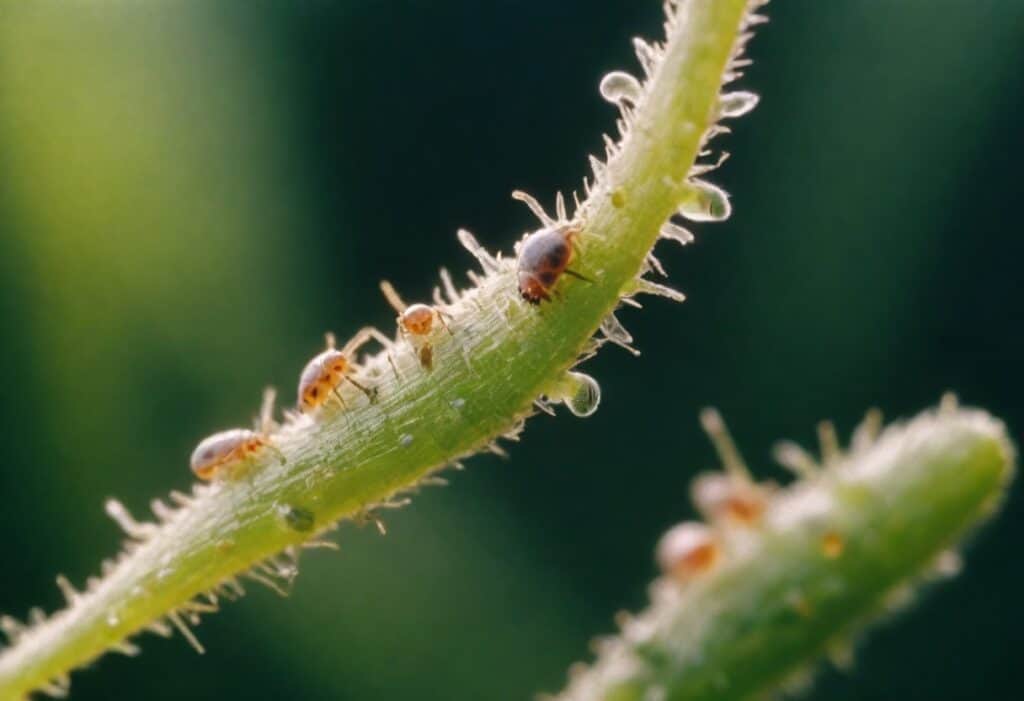
7. Wash the leaves with apple cider vinegar
Vinegar is an excellent repellent for plant bugs. It uses its acidic nature to kill the bugs and their eggs. It will kill any pests that may be present there.
Vinegar is also a great way to get rid of plant bugs because it is fast when it comes to eliminating plant bugs. All you need to do is pour vinegar on the plant leaves and wait for about five minutes before wiping them off with a cloth.
Vinegar does not affect plants in any way, implying that it is 100% safe. It is even better because it kills both the eggs and larvae.
So, you can continue to use the same flowers or vegetables in your garden without worrying about damage to your plants.
8. Trap the bugs with a sticky substance
The stickiness of the substance is what attracts the bug to it. The substance is sticky enough to allow the bug to stick to it, thus trapping it.
You can use honey, sugar, or molasses to make sticky traps for the bugs. Honey is the best choice because it attracts bugs easily and also because it is not harmful to plants.
There are many ways you can use these materials as a natural insect repellent for your plants. You can make a mixture of these materials and place it around the plants.
You can also spray your plants with these substances to trap and kill them. This method will help you keep your plants healthy and prevent bug attacks.
9. Pull out weak, dead, or decaying plants
The dead plants can attract bugs; if left unattended, it will be challenging to get rid of them.
Remove these plants as soon as possible to prevent the bugs from laying eggs in your plant or garden. You can use a shovel or a garden rake to remove the dead plants.
It will help you keep your plants healthy and prevent bug attacks. This method also keeps your garden neat.
10. Build barriers around your garden
Barriers are an excellent choice to keep your plants safe from bugs. It will also keep your garden clean. You can use thin layers of wood, plastic, or metal to create a barrier around your garden.
The barrier should be high enough for the bugs to fly over it and not touch the plants. If you use a barrier, ensure it is placed a couple of feet away from the plants.
This clearance will prevent the bugs from quickly gaining access to your garden and getting into your plants.
11. Handpicking and incineration
Another way to get rid of bugs is by picking them up and burning them. This method is similar to the barrier method, but it does not require a lot of effort.
It is ineffective against the most severe types of pests, but it is an excellent way to eliminate one or two tiny pests on your plants.
It’s a great way to eliminate bugs that are flying around in your yard and getting into your garden. In addition, you can use a bug zapper to kill these pesky insects.
Conclusion
Several natural remedies can serve as bug repellent or get rid of plant bugs. These remedies include diatomaceous earth, beneficial practices, soap and water, horticultural oil, neem oil, e.t.c.
These remedies are safe, easy to use, and affordable. If you are experiencing a plant bug infestation, try using one of these remedies to get rid of the bugs.
Using one of these remedies, you can eliminate plant bugs and keep them from returning.
